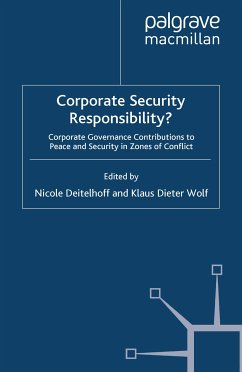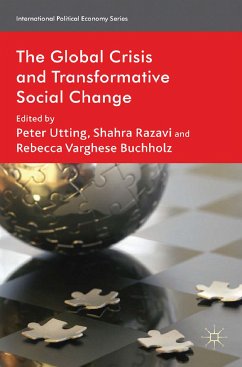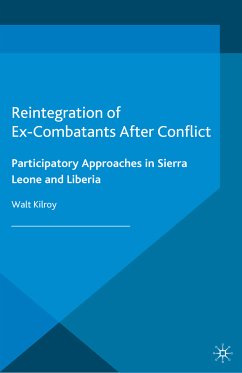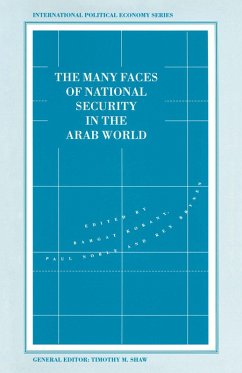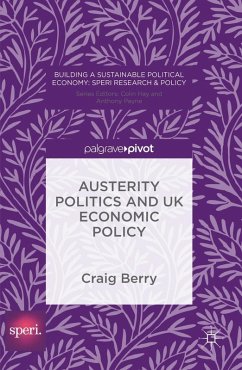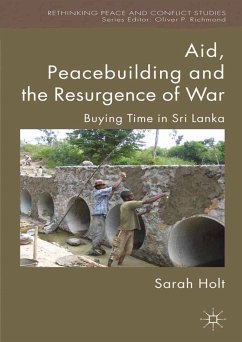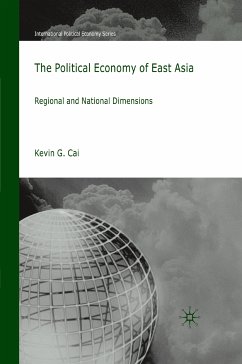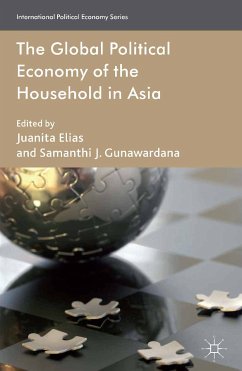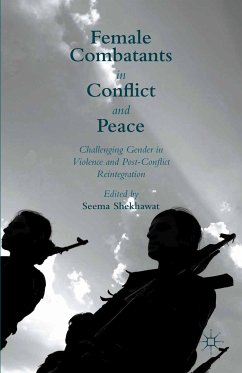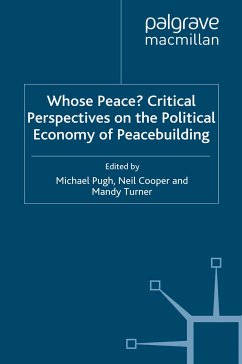
Whose Peace? Critical Perspectives on the Political Economy of Peacebuilding (eBook, PDF)
Versandkostenfrei!
Sofort per Download lieferbar
72,95 €
inkl. MwSt.
Weitere Ausgaben:

PAYBACK Punkte
36 °P sammeln!
The book provides critical perspectives that reach beyond the technical approaches of international financial institutions and proponents of the liberal peace formula. It investigates political economies characterized by the legacies of disruption to production and exchange, by population displacement, poverty, and by 'criminality'.
Dieser Download kann aus rechtlichen Gründen nur mit Rechnungsadresse in A, B, BG, CY, CZ, D, DK, EW, E, FIN, F, GR, HR, H, IRL, I, LT, L, LR, M, NL, PL, P, R, S, SLO, SK ausgeliefert werden.



